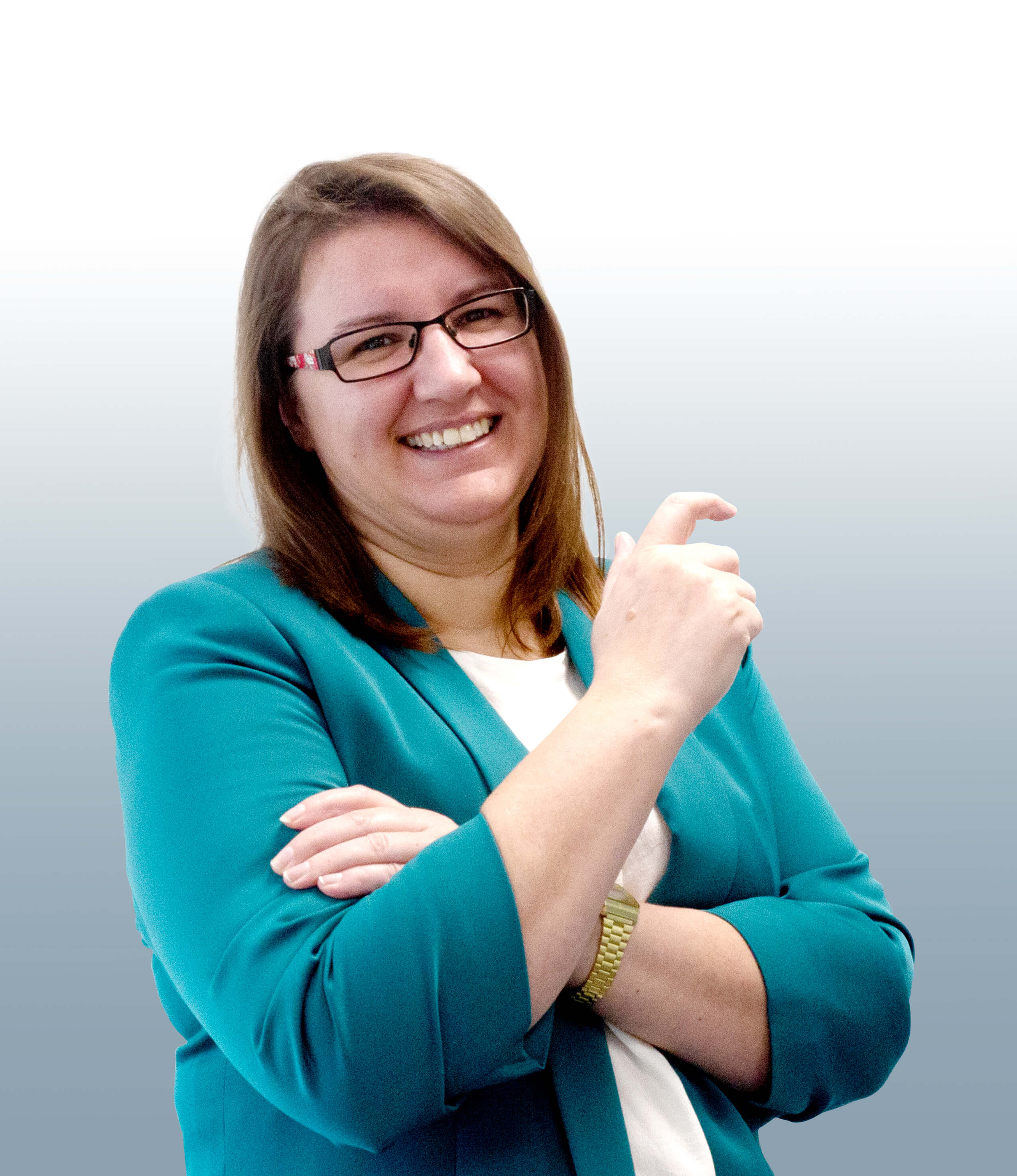We are nearly a year into a global pandemic that has changed so many parts of our personal and professional lives. Businesses have been forced to alter pre-established processes in order to keep workplaces COVID-secure and staff safe. This has been hard for everyone, not the least on your HR department.
2020 brought about many HR challenges. Managing COVID restrictions, interpreting furlough guidance, and handling redundancies. Unfortunately, 2021 is shaping up to be just as challenging. As companies becoming increasingly dependent on HR to manage the return to the workplace, HR will be under further stress.
With this in mind—what are you doing to support your HR department?
How to support HR through the pandemic
Managing HR workloads
No matter what HR’s workload is right now, you should ensure their wellbeing doesn’t falter. Whatever your organisation is dealing with, they shouldn’t be working substantially increased hours to keep up. This risks a potential breach of the laws on working time. Not only that, staff who are overworked can become stressed and burned out. In more severe cases, staff can develop serious problems with their mental health.
Even if you avoid this, overworked employees could become less productive and make mistakes they otherwise wouldn’t have made. This could end up being bad news for your business as a whole.
Therefore, it’s crucial to evaluate workloads and ensure that no one HR worker is being overloaded. Work should be spread evenly across workers. If staff feel they are being given too much, listen to them and respond as necessary.
One way you could address the issue is via technology. Moving from manual spreadsheets to more sophisticated management systems will help you keep track of furloughed staff, for example.
Encourage your HR workers to take their annual leave. This is particularly important if employees are skipping holiday due to workload. If any of them have any leave left to take from last year, catch up with them to ascertain why this is. As a last resort, you can enforce a period of leave as an employer. To do this, you must provide at least double the amount of time in notice.
Managing workplace issues and mental health
Fundamentally, HR workers are—well—workers. You hired them, and their wellbeing should be approached in the same way as all other members of staff.
If they have a problem with their work, a colleague or a manager, they should still be able to come forward regarding this. The same grievance and disciplinary processes should apply to HR workers. If a direct manager usually takes a leading role in these areas, another senior member of staff, or third-party, should be brought in.
Offer additional support to staff to help them with mental health problems if you have it. Employee Assistance Programmes (EAP) are a great example of this. EAPs help staff with their own personal situation, but there are added benefits. One of these is that it can help HR maintain awareness of assistance that can be provided to other employees who may require it.
Expert support
Your HR department supports your employees and protects your business throughout this pandemic. Supporting HR isn’t just an employer responsibility, it makes business sense. A well-functioning HR department means a successful business.
If you’re struggling to keep on top of employment law changes, HR management, or even health & safety, Croner are here to help. Speak to one of our expert team today to lighten the load during the most difficult period for HR on 01455 858 132.
Related resources
Categories
- Business Advice
- Culture & Performance
- Disciplinary & Grievances
- Dismissals & Conduct
- Employee Conduct
- Employment Contracts and Documentation
- Employment Law
- Employment Rights Bill
- End of Contract
- Equality & Discrimination
- Health & Safety
- Hiring and Managing
- Leave & Absence
- Managing Health & Safety
- Moving
- Occupational Health
- Pay & Benefits
- Recruitment
- Risk & Welfare



